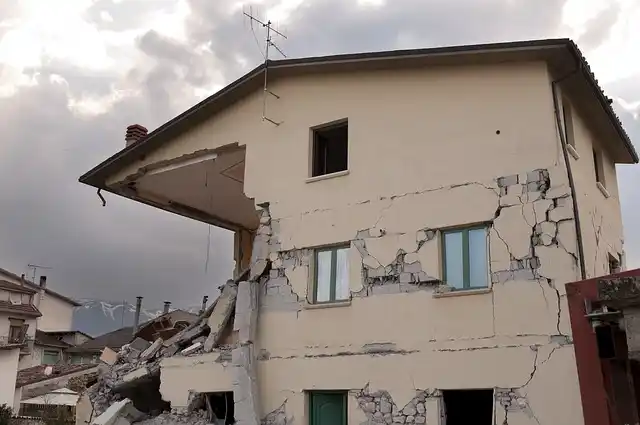Natural disasters can strike at any time, leaving behind a trail of destruction and chaos. When faced with such situations, it’s essential to prioritize your health and safety above all else. Here are some important tips that will help you cope with natural disasters while ensuring your well-being remains intact.
First Aid and Health in Survival Situations
In case of an emergency situation during a natural disaster, having basic first aid knowledge can prove crucial. You should know how to provide CPR, treat injuries like fractures or burns, and identify symptoms of serious illnesses like heat exhaustion or dehydration. Make sure you have a first aid kit handy, which includes essentials like bandages, antiseptic wipes, tweezers, scissors, and pain relievers.
Safety Measures & Self-Defense to survive
To stay safe during a natural disaster, follow these guidelines:
1. Stay indoors as much as possible, away from windows and doors.
2. Keep yourself informed about the latest updates on the storm through reliable sources.
3. Wear sturdy shoes and clothing that covers your body completely.
4. Have a portable radio or weather alert system ready so you can receive real-time updates.
5. Be prepared to evacuate if necessary by having an emergency kit packed with supplies like nonperishable food, water, flashlights, and extra batteries.
6. Know where to take shelter, whether it be a basement, interior room, or hallway without windows.
7. If you live in an area prone to flooding, make sure you have a plan to evacuate quickly.
Importance of Shelter during Natural Disasters
Shelter is critical when facing a natural disaster. Make sure you have a secure place to take refuge until the storm passes. This could be a reinforced structure like a concrete building or a basement. If there isn’t one available nearby, find a small interior room or closet without windows. Avoid taking shelter near heavy machinery, tall trees, or power lines that may fall due to strong winds.
Food, Water and Sanitation for Surviving the Storm
Having access to clean drinking water and nutritious food is essential for surviving a natural disaster. Store enough nonperishable food and water to last you for several days. Make sure you have a manual can opener or other tools needed to open canned goods. Consider storing additional blankets or sleeping bags to keep warm during cold nights. Also, have a supply of personal hygiene products like soap, toothbrushes, and toilet paper.
Protecting Yourself from Infectious Diseases after a disaster
After a natural disaster strikes, the risk of contracting infectious diseases increases significantly. To protect yourself, follow these guidelines:
1. Wash your hands frequently with soap and water, especially before eating or preparing food.
2. Avoid contact with contaminated surfaces or materials.
3. Use disposable gloves when handling garbage or debris.
4. Cover cuts and sores with a Band-Aid to prevent infection.
5. Get vaccinated against common diseases like influenza and pneumonia.
Coping with Psychological Trauma After a Natural Disaster
Finally, coping with psychological trauma after a natural disaster is also crucial. It’s normal to feel anxious, stressed, or even depressed following such events. Seek support from friends and family members who can offer emotional comfort and encouragement. Joining a support group or seeking professional counseling can also help alleviate feelings of distress. Remember, healing takes time but with perseverance and determination, you can overcome the challenges posed by natural disasters.
